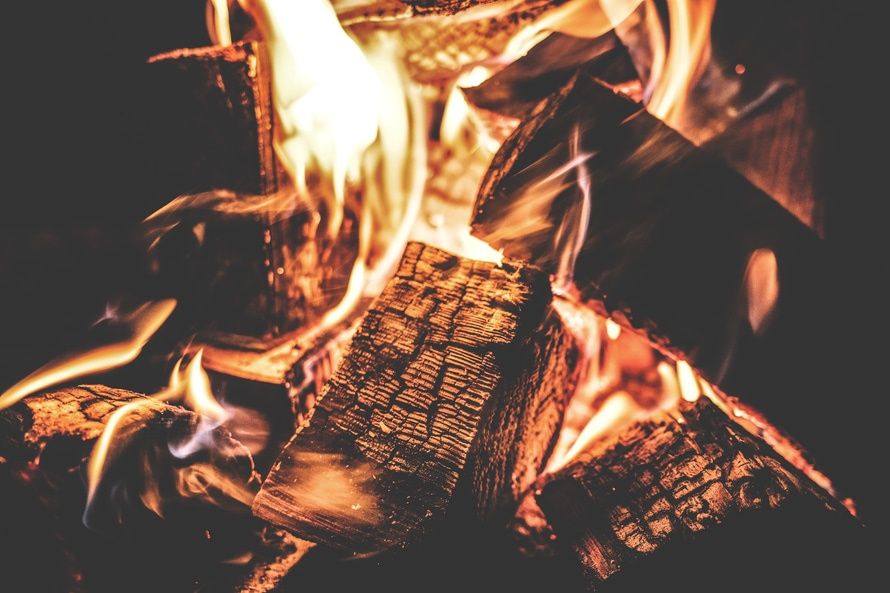Once the heat of summer has started to fade away, the fall provides a great backdrop for a camping trip. It’s warm, but not overbearing, and in the right place, vistas of autumn leaves can make for scenery that can’t be seen any other time of year. Pack a jacket and consider camping in the fall!
Of course, as with any trip, camping requires careful planning. This is especially relevant when you’re carrying all of your supplies with you for the duration of the trip. Finding a local store to purchase gear and food you’ve forgotten is possible for many trips, but never ideal. As a result, any savvy camper should take time to ensure that their trip is as organized as possible before setting out. It’s a life experience, one that can inform your decisions outside of vacation.
The first step is finding the ideal camping spot. This decision is very subjective, but considerations such as park amenities should factor into your future planning. Campsites can vary wildly across different state and national parks, with some providing hookups for electricity and water while others provide a site and little else. This is a lesson in doing your research beforehand. If you fail to leverage sources of information available to you, you can be caught unprepared.
For that matter, even planning meals in advance can be very helpful. While the tried and true formula of hot dogs and hamburgers can work for a little while, most campers will likely want to diversify the meals that they cook. Keep in mind the physical requirements of each meal; you may be cooking over a fire, so consider the ways that this limits and changes your option. Foil meals are a great start, as they can be prepared by being placed on or around your fire without the need for a camp stove.
Portion control should also be kept in mind. No sense in bring along large packages of food you might not eat; try storing food in pre-proportioned containers. This has the added benefit of allowing you to better control your storage space, which is particularly relevant if you plan on backpacking or plan on having limited space. Making an ingredient checklist is a great way to prepare for this.
Beyond that, checklists can be used for just about everything during a camping trip. Get in the habit of carrying one around with you, because ideas will occur to you at odd times, and making a list at the last minute may leave you prone to forgetting items. There are plenty of lists online, but they are by no means definitive, and some small items that have niche uses may be left off. For instance, if you have plenty of space, consider packing a dustpan and brush to clean out tents—you’d be surprised at the amount of dirt that gets tracked into them.
The lesson here is that, even with a reliable source of information, it is always helpful to consider angles that others haven’t thought of, especially in regards to your specific situation. The internet may be a great place to learn and prepare, but never disregard your own judgment or blindly follow someone else’s.
Some of the factors that can affect your needs for a trip include the people that you travel with. It’s great to travel with family, especially if you’re interested in fostering an interest in the outdoors in your children. However, bringing children brings with it a whole new set of concerns. They may be along for the ride, but in an odd way, they are your employees, and will likely be helping out around the campsite. Be patient with them, especially if they are first time campers, and give them simple tasks to complete, such as collecting water and firewood. It’s also a great opportunity to teach them the basics of cooking. Even if you’re not a teacher, walking your children through the process can be a great exercise in communication and teamwork.
Camping can be a low key and relaxing vacation, but preparation is necessary to make this happen. Like managing any good business, mastering the subtleties of logistics is key to success. Plan a camping trip. You’ll be able to kick back and learn some life skills while you’re at it.
